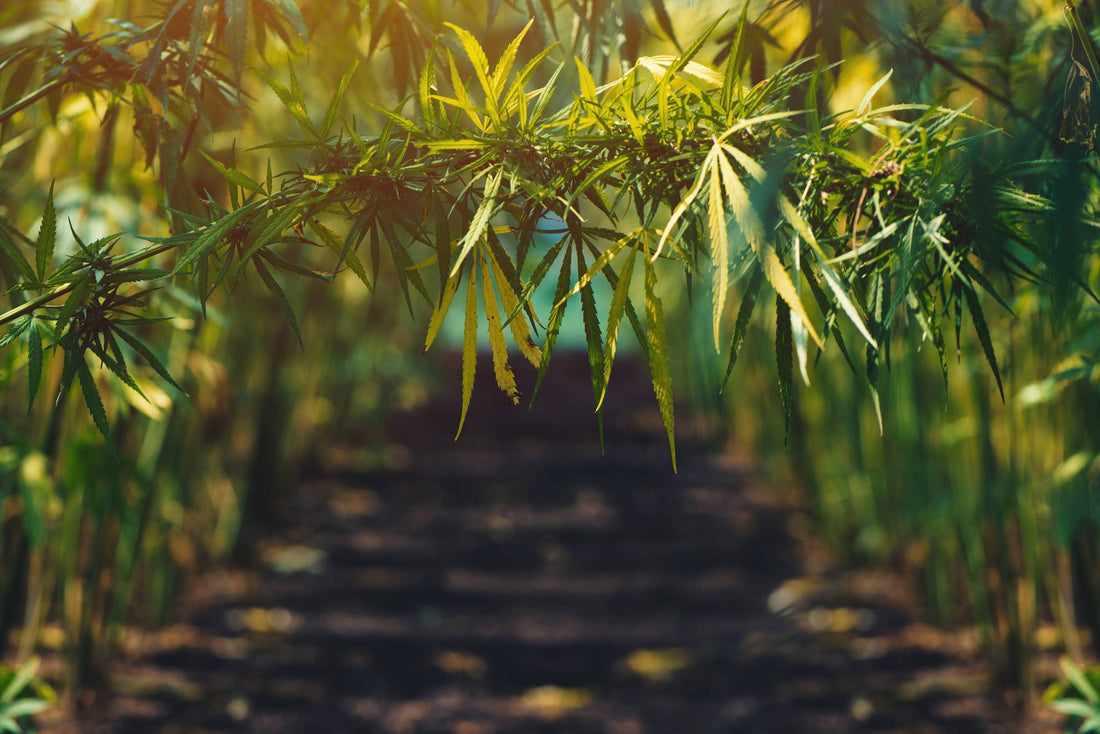
CBD vs. THC
Jason HigginsShare
What’s the difference in those acronyms and why does it matter?
Cannabinoids are molecules, fatty acid protein types that affect your body in a myriad of ways. Our ECS or endocannabinoid systems keep us balanced at the cellular level without us even knowing it. As we explored in a prior article on the ECS, endocannabinoids – the ones our body makes are mimicked and supported by the phytocannabinoids – from the cannabis sativa plant. Yes, you are hard wired to respond to this plant. This comes into play nicely because if you’re not making enough to keep your physiology humming, you can supplement with this plant.
But don’t go running to the corner dispensary to pick up any old bag of cannabis. You have to know what you’re doing…this is not the weed of your parents or what you smoked in college. Cannabis potency has grown exponentially, as well as the variety of products created. There is a family of cannabinoids – 144 of them have been named with the most common being; THC, CBD, THCA, CBDA, CBG, & CBN. Many share properties and common effects in the body – like being anti-inflammatory and analgesic – but then they start to differ. Let’s take a closer look at the cannabinoids and why they can be beneficial to your wellness.
CBD & THC are the 2 major cannabinoids, found in greater concentration than any other, and plants are bred to highlight one or the other. Some breeders mix the chemovars (strain) to run at a 1:1, but most target high THC varieties because that’s where recreational markets have driven the business. CBDA & THCA are the acidic, or raw forms of CBD & THC, and are becoming more popular. When the plant is heated, activated (or decarboxylated) it becomes a more potent target for the receptors within the ECS to keep us balanced and feeling our best.
THC activates and binds to CB1 & CB2 receptors in your brain, spinal cord, organs (liver, spleen, stomach, uterus), blood vessels, immune cells, and skin. THC is known for the psychoactive, or cerebral effects – meaning changes to perceptions, thoughts, emotions, and energy. Intoxication has been a spiritual practice for thousands of years, opening people up to new experiences and ways to feel one with all. Because of the intoxicating effects, the plant has been stereotyped by those opposed to mind altering experimentation and recreation.
Medically, THC is most used to quiet pain signals and can even reduce neuropathic pain from diabetes, chemotherapy, HIV/AIDS, or MS. Small doses of THC can often lift depression, soothe anxiety, stimulate appetite, and calm digestive ailments like nausea & vomiting. THC can reduce inflammation, relax muscles, and quiet an overactive neurological issue. Preclinical data show that THC is antitumor, and someday might be used to battle cancer. Patients with arthritis, insomnia, migraine, fibromyalgia, and GI conditions benefit greatly – but there’s a catch. THC effects are very dose dependent. THC does not work like Aspirin where 1 is good and 2 is better for that headache. With THC, 5mg might relax you and your muscles…but 10, 15, or 20mgs might make you extremely anxious and trigger worse muscle spasms. Excessive THC can cause more depression, sedation, and diminish your energy, and must be managed effectively.
CBD doesn’t bind to the CB1 or CB2 receptors, but it acts as an assist throughout the body binding to many other receptors and sets the table for other biological functions to stabilize.
Medically, CBD is neuroprotective, meaning it protects your nervous system from damage, which helps you function when you’re under stress. If there has been a head injury or concussion, CBD may limit the damage and speed up healing. Neuroprotection also offers hope to those with a neurodegenerative disease like Parkinson’s, Alzheimer’s, MS, or ALS.
CBD or cannabidiol is often termed the medical powerhouse of the plant. CBD has vasorelaxant properties which may lower blood pressure, and cumulative dosing often enables people to reduce prescription BP meds. Insulin sensitivity may improve, which means better blood sugar control and a healthier metabolism. Pharmaceuticals to lower glucose levels may also be weaned over months. Immune system functioning is strengthened, and people who consume CBD regularly get sick less often. All of these are great reasons to be open with your healthcare professional about using CBD – it is part of your healing toolkit.
Preclinical data on CBD properties include; anti-inflammatory, anti-anxiety, anti-tumor, anticonvulsant, antidepressant, antioxidant, antipsychotic, and antibacterial.
CBD does not have intoxicating effects like THC, though the ability to help you relax may be termed psychoactive. Many people feel a relaxed state of wellbeing from CBD, but not high. CBD effects are also dose dependent, and a low dose might energize you while a higher dose might sedate. CBD does not trigger anxiety like THC and can in fact counteract the intensity of THC in the body pretty quickly. CBD activates 5-HT1A pathways, which help produce more serotonin, lifting mood, reducing anxiety and creating a calm, focused mind. With their provider, people may be able to wean antidepressants and benzodiazepines as CBD rebalances the neurochemistry of serotonin, dopamine, GABA and glutamate. Sleep may deepen and improve naturally, without the hangover effect that pharmaceuticals tend to produce. Energy levels may stabilize, and many people find they are more productive after a few months of CBD.
The anti-inflammatory potential of CBD has a cumulative effect, so if you’d like less aches and pains from arthritis or autoimmune distress, a consistent regime for 30-90 days is advised to evaluate and best determine how to supplement. Keep in mind that CBD is biphasic, where a low vs. a high dose may do opposite things. 25 mgs may be the right energy to start your day, and 150 mgs may be how you end the day and slumber. Track your dosing to find the sweet spot for your easy day and night. Experimentation is required because everyone has a unique ECS and responds differently. It’s smart to keep a journal of what cannabinoids you take and chart results. Above all, CBD seeks homeostasis, a Goldilocks balance throughout your body.
CBD can’t cure anything on its own, but it should be a component to a holistic treatment plan complemented with great nutrition of whole foods, walking, dancing, and movement, friends and connection, breath work, prayer, and meditation. As you journey with CBD, these health promotion activities become easier to do as the mind rests, pain lessens, and the spirit is lighter and ready to feel more fully human.

Yoga can help anxiety, depression, and physical health. If you suffer this should be a part of your weekly routine
The US Government actually has a patent on CBD as an antioxidant and neuroprotectant, but has been slow to study CBD because of the Schedule 1 status of cannabis and hemp. Private companies around the globe are researching CBD and other non-psychoactive cannabinoids to find the best uses of this plant. In 1970 during Nixon’s drug war, the cannabis sativa plant had been classified as a schedule 1 drug, and we lost decades of research. In 2018, the government rescheduled hemp derived CBD to schedule 5 – confirming there is no potential for abuse and that it has medicinal benefits. The 2018 Farm Bill allows farmers in America to grow industrial hemp for fiber, textiles, food, and CBD oils, and there is suddenly CBD everywhere. So be careful and shop American, know where and how it was grown and only take supplements for health that show you the lab results of the COA’s – certificate of analysis.
Finally, let’s summarize the different kinds of CBD on the market today. Full spectrum hemp extract CBD will have the most medicinally pure representation of the plant – complete with all of the cannabinoids, terpenes, flavonoids. It must contain less than 0.3% THC, but it will have a trace. Broad spectrum hemp CBD will be similar – but the THC is completely removed during the extraction process. This allows those who are at risk for drug testing to have a clean urine drug screen, free of THC metabolites. Luckily, Easy Day Hemp formulates both, so you can determine your best strategy for wellness. Isolate CBD is nothing but purified CBD molecules, everything else is removed.
Scientists worldwide are considering the potential for CBD to emerge as one of our greatest potentials to favorably affect health. Regardless of politics, we have barely scratched the surface of what CBD research and discoveries will yet uncover. The world is waiting for details, but plenty of well-run private firms are uncovering these mysteries and creating great products today. Check the COA’s for all Easy Day products online and enjoy the difference. Next up is smart dosing – how to approach the products and maximize your benefits.
In health, Elisabeth Mack RN, MBA
Easy Day Medical Contributor.
